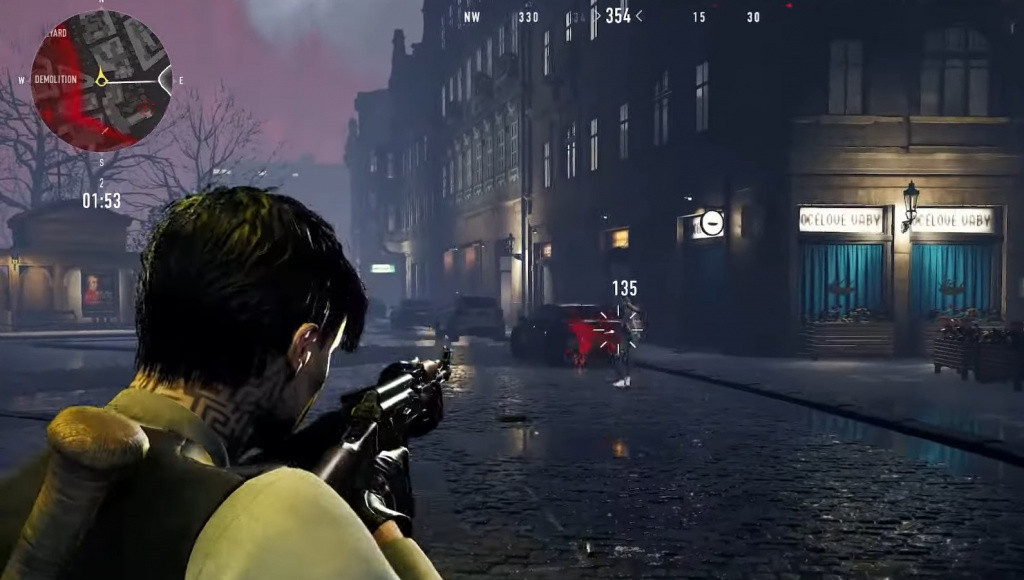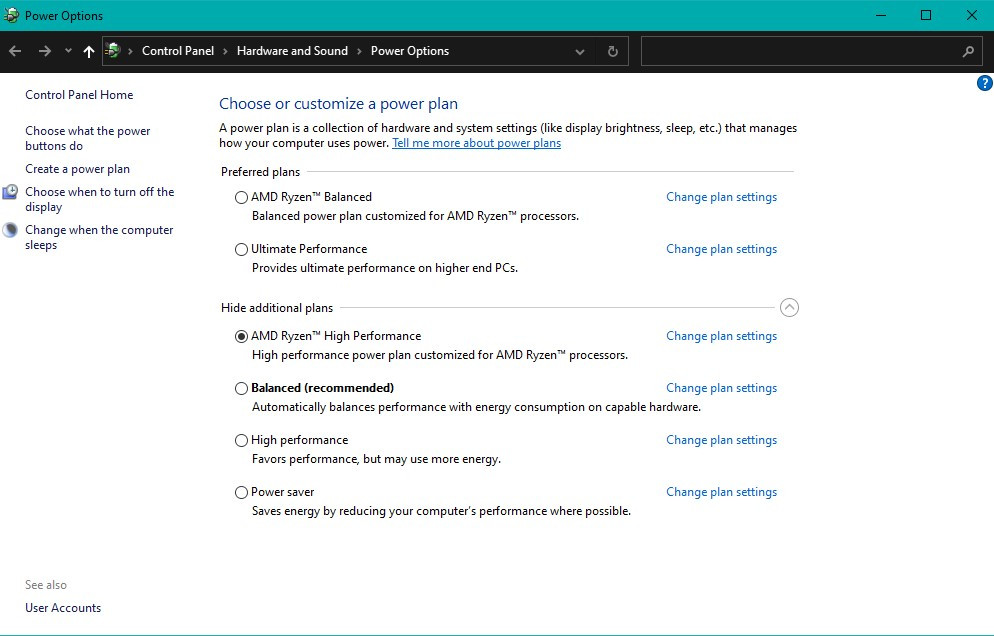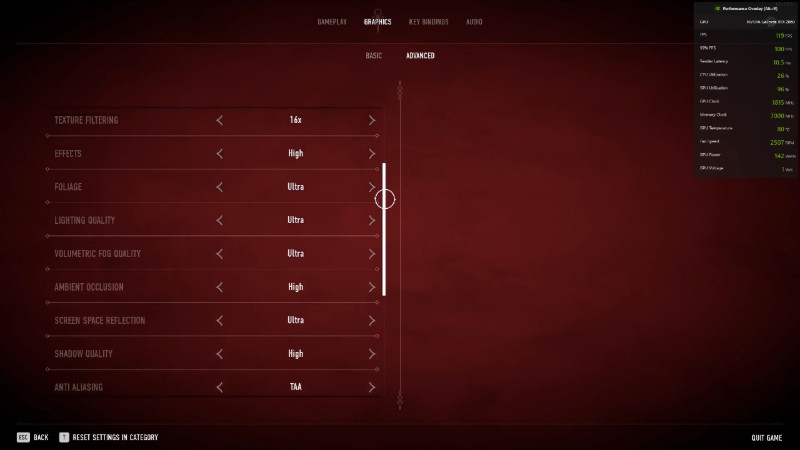Vampire: The Masquerade – Bloodhunt is a free-to-play battle royale game featuring vampires, powerful weapons, and unique vampiric abilities. Players who want to get the most out of this game might want to improve the graphical quality when playing, and today we have you covered on that front.
In this post, we're going to show you how to implement the best Vampire Bloodhunt PC settings and increase the FPS performance by tweaking your PC settings and the in-game settings.
Before we begin, we recommend you look at the game's recommended system requirements to be sure you can properly run the title.
Windows Settings - Vampire Bloodhunt

Close Unneeded Applications
Starting off at the base, as with most games, if you close any unneeded applications that are running such as Spotify, Discord, or any open browsers, you will free up resources and make them available for the game to use.
The next step is finding and closing any background applications and close them. To do so, head to your task manager and find any background processes such as application clients or programs, and right-click to end the task.
- Vampire Bloodhunt Day One update - New weapon, class changes, weapon balance, and more
- Vampire Bloodhunt Vandal guide - Powers, gameplay style, role, and more
- Vampire Bloodhunt Saboteur guide - Powers, gameplay style, role, and more
- How to fix Vampire Bloodhunt Login Error code SYS 00000004
If you do both of these steps, you can potentially free up large amounts of RAM, CPU, and subsequently, GPU usage that will increase the performance of your machine and thus the game itself.
Power Settings

You can change the power settings of your machine to optimize the performance of your CPU and GPU, by default it is set to "balanced" which does not prioritize performance.
To change this, search for "power settings" in your search bar and head to "Additional Power Settings". Once there, change the default plan to "High Performance" and you will be able to get the most out of your hardware.
Prioritize Vampire Bloodhunt in Your Task Manager
If you still find the game is running slow, you can adjust the priority your system assigns to the game. Do this by going to your task manager, finding the game, right-clicking on the game, and clicking on "Go to details".
Once in the details panel, right-click on the game's process and click on "Set priority", then select "above normal". You can choose a higher priority if you like but it will consume more of your resources.
GPU Setting Adjustments
Regardless of which GPU you have, you can tweak the settings to get more performance out of it. The first thing to do is to download your latest graphics driver and install it.
Once complete, you can head into your graphical settings manager on your machine whether Nvidia or Radeon, and set your performance for Bloodhunt to high.
Xbox Game Bar Adjustment
The last step for Windows PC gamers is adjusting the Xbox game bar that comes pre-baked into your OS when it's installed. It can consume resources when you launch a game as it runs automatically, so you might want to disable it to remove any unnecessary resource usage.
To find it, type "Xbox game bar" into your search bar and open the application. Then simply disable it from within the app and close it down.
In-Game Settings

Now that you have the settings of your machine optimized, you can begin changing the in-game settings for Bloodhunt. The settings below are ideal for getting the most performance from your game by disabling unnecessary features such as lens flares, bloom effects, film grain textures, etc.
- Display Mode: Full Screen
- Resolution: 1920×1080
- Enable Vsync: Off
- Frame Rate Limit: 120
- Frame Rate Smoothing: Off
- Use DX12: Off
- Resolution Scale: 100
- AMD FSR 1.0: Off
- View Distance: High
- Material Quality: Low
- Texture Quality: Medium (Can be set to low if frames are still low)
- Texture Filtering: 4x
- Effects: Low
- Foliage: Medium
- Lighting Quality: Low
- Volumetric Fog Quality: Off
- Ambient Occlusion: Off
- Screen Space Reflection: Off
- Shadow Quality: Medium (Can be set to low if frames are still low)
- Anti-aliasing: FXAA
- Subsurface Scattering: Off
- Motion Blur: Off
- Chromatic Aberration: Off
- Film Grain: Off
- Bloom: Off
- Lens Flare: Off
- Light shafts: On
And those are all the PC settings changes you'll need to make to increase your FPS when playing Vampire Bloodhunt. While they might decrease your quality somewhat, if you're willing to sacrifice it for better gameplay, these changes will definitely help you get the best out of Vampire Bloodhunt.
Featured Image Courtesy of Sharkmob.

 No ads, our video library,
No ads, our video library,

